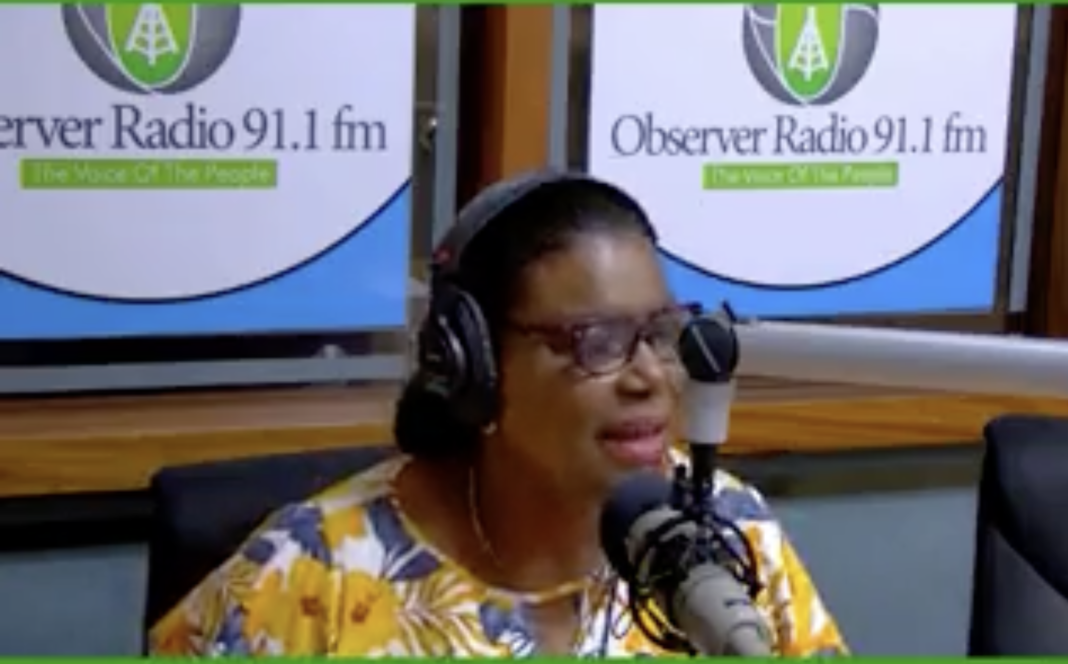D. Gisele Isaac, the United Progressive Party (UPP) Chairperson, has voiced her concerns about recent agreements between Antigua and Barbuda and China, particularly those involving the Antigua and Barbuda Broadcasting Services (ABS). Isaac highlighted the ambiguous language used in the agreements, the potential impact on media independence, and the implications for freedom of expression.
During an interview on Observer Radio, Isaac criticized the “nebulous” and “not definitive” wording of the agreements, which she believes could lead to a lack of transparency and public awareness regarding what the country is conceding in these deals.
“The wording is so nebulous, so ambiguous, so not definitive, you don’t even know what we’re signing on to, what we’re getting, what we’re giving up,” Isaac remarked, expressing the concerns of many citizens regarding the opacity of these agreements.
Isaac’s primary concern was the agreement between China Media Group and ABS. She questioned the rationale behind this partnership, given China’s reputation as a one-party state with limited freedom of the press and expression. “What on Earth training could they be giving to journalists here?” Isaac questioned, highlighting the potential risk of information suppression or indoctrination in journalistic practices.
The UPP Chairman also expressed concern over personnel changes in the media landscape, citing the appointment of a media professional from Dominica to lead GIS in Antigua as a worrisome development. “We already know regardless of where you sit politically, ABS is just a public relations arm of the government,” Isaac stated, underscoring her skepticism about the necessity and motives behind the alliance with China for journalist training and program exchanges.
Isaac further criticized recent legislative changes, such as amendments to the Electronic Crimes Act, which she believes could restrict freedom of expression on social media platforms. She warned against potential censorship and infringement on constitutional rights, urging a commitment to upholding press freedom and democratic principles.
The opposition chairman’s concerns extended to recent incidents highlighting challenges to freedom of expression, including the removal of a billboard message critical of a public figure, which she argued reflected a worrying trend of censorship and suppression of dissenting voices. “We living now in a state where the DCA and the police can just rip down something off private property with zero notice to the owner or the occupier,” Isaac lamented, highlighting what she sees as encroachments on fundamental freedoms.
Isaac called for greater transparency in international agreements, safeguarding media independence, and upholding the principles of freedom of expression essential to a democratic society.


